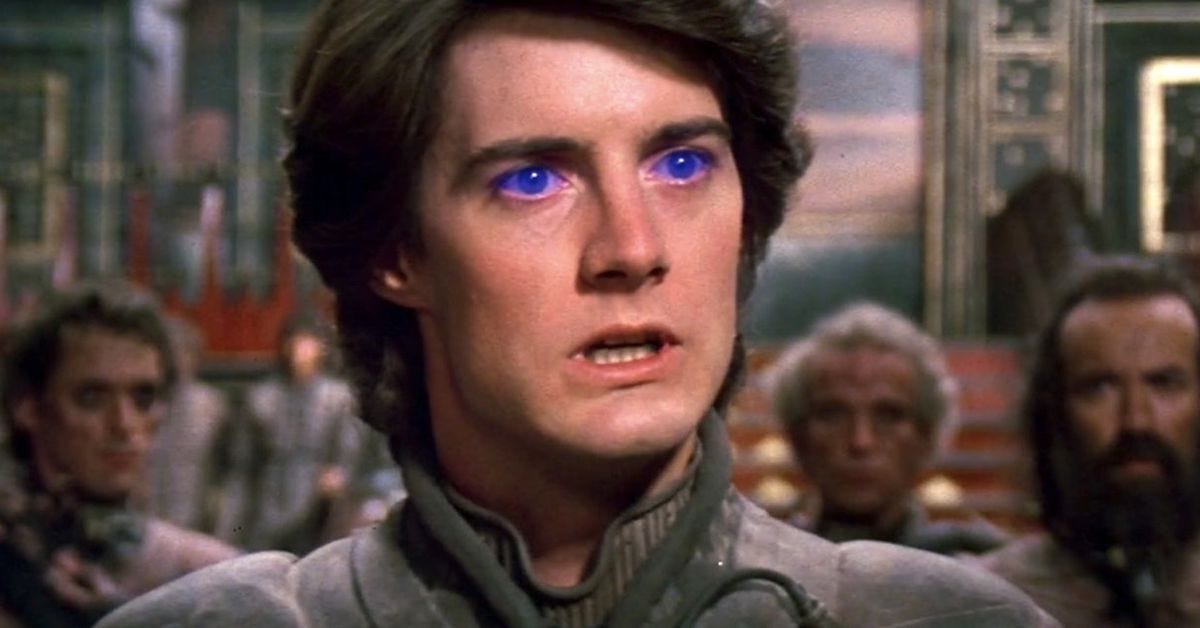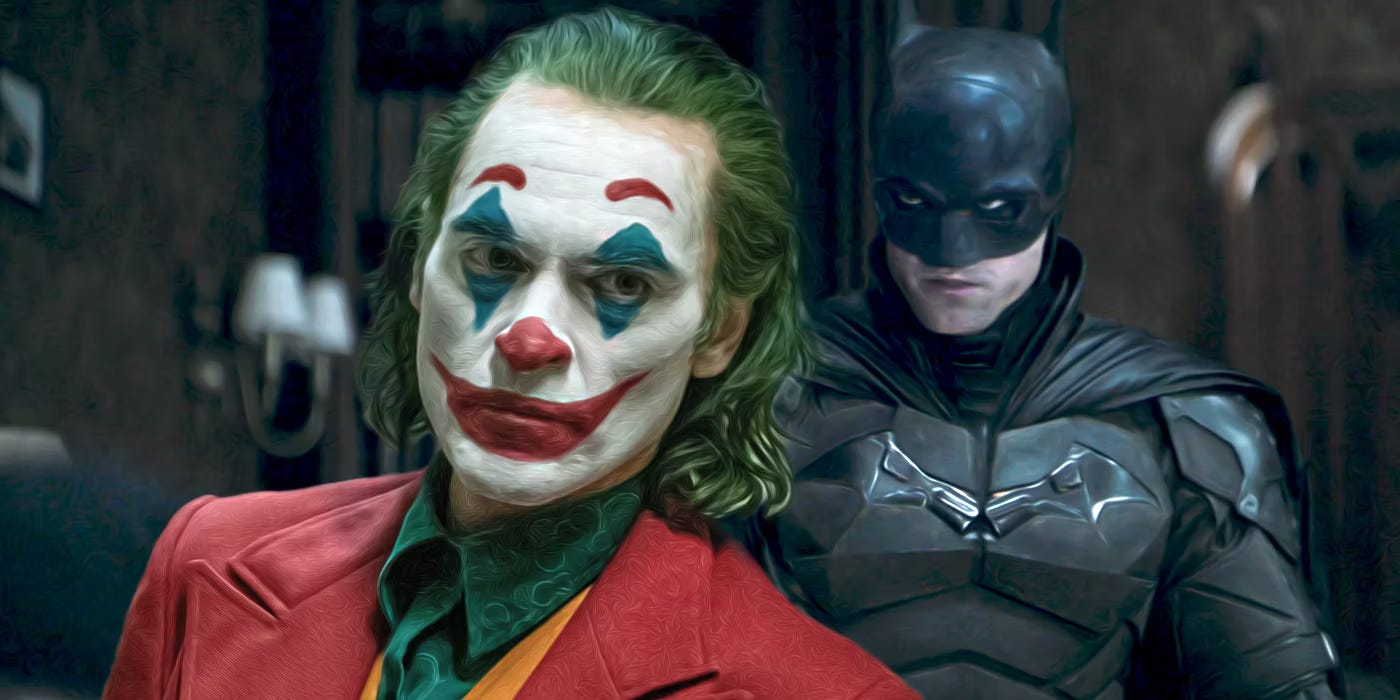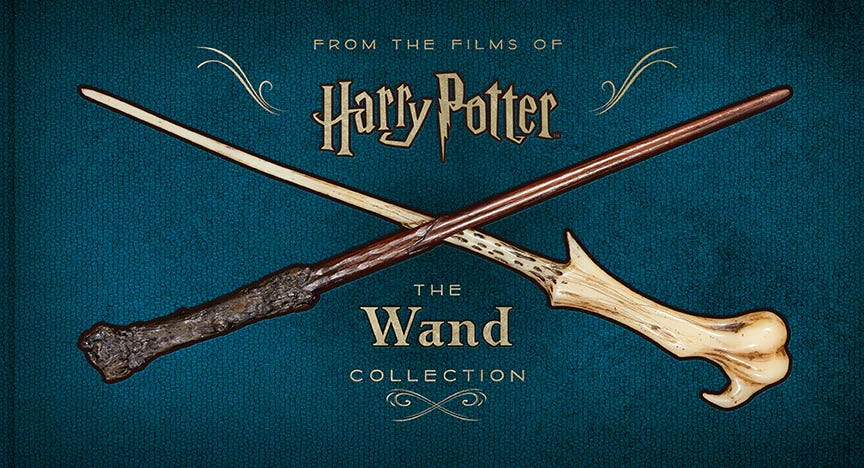Fantasy Is Universal
A bunch of thoughts about the Human Default.
Sometimes I have to remind myself, with a bit of a shock, that I write fantasy for a living.
It's an easy thing to forget. Yes, I write fantasy. But I do it in a highly popular, successful, vibrant, undervalued medium (video games) instead of a respected, posh medium that nobody cares about (books). Writing books is considered much more classy and valuable, even though hardly anyone wants them anymore.
(This brings me great sadness. But it's true.)
My almost thirty year fantasy-writing career has been very prolific (18 all-new games!) and my work was generally of acceptable quality. As I age, I increasingly find myself in reflective moods. I've found myself thinking about the genre. Who likes fantasy? What makes fantasy work? How do you make it well? What does it MEAN?
For nerdy writer types like me, these are significant questions. After all, fantasy is the default mode for fiction by humans.
I'm Defining Fantasy Broadly Here
When you say Fantasy to most people, they'll immediately think wizards and dragons. It's understandable, even though High and Low Fantasy are not huge parts of the dramatic fiction diet these days.
But what makes fantasy fantasy is that it is fantastic. It is the stuff of human fantasies.
When a child dreams of growing up to be a fireman or astronaut (does that happen anymore?), they see themselves saving people, exploring new places, being a hero, becoming larger than life. They are fantasizing. This means that they are making fantasy.
A child's fantasies are daydreams. Fantasy in mass-market pop culture is the way our society daydreams.
The beings in fantasy fiction are works of imagination. They are fantastic, in that they don't exist. Fantasy deals with creatures who are apart from us, maybe above, maybe below, but always distinct and apart.

Humans Rely On Fantasy
We now have about five thousand years of human drama, from the Epic of Gilgamesh to present days. If you give it a scan, from the early scraps that survive to the movie and books of now, we find that humans create and crave stories of people and beings bigger than ourselves.
Human drama tells stories of gods and monsters, tragic heroes, mighty warriors, cunning villains, magic and destiny and prophecy, epic adventures.
(Note I am going to focus exclusively on drama. Comedy is an entirely different beast.)
Realistic drama, psychological studies of ordinary humans, only appears in a few slivers of known history. Even then, realistic drama about mundane people is constantly being squeezed out by tales of mighty heroes.
(Comedy, on the other hand, focuses entirely on the foibles of ordinary humans. This is the last time I'll mention comedy, but it's important to make it clear that this is a major, entirely distinct mode of fiction.)

Examples
Superheros are fantasy. They are about people or beings who are beyond our capabilities and understanding, fighting in the skies above. Batman is as much a fantasy character as Gandalf.
The tragic heroes of Ancient Greece and Shakespeare are creatures of fantasy. They are like us. They have our qualities. Yet, they are heroes. They are a more intense, purified version of humanity. Yet, for all their power, Hamlet and Macbeth and Oedipus have flaws, mighty heroic flaws, that bring them to ruin. (That we can look up at them and ponder how even the great share the flaws and final fate of normal people gives valuable hints about the purpose and power of the genre.)
Or look at something closer to home: The American Western. John Wayne (a wealthy Hollywood actor in real life) made his career portraying absolute masculine ideals. Clint Eastwood only ever played superheroes in his movies. Shane (a marvelous movie) is about an unstoppable killer who wants to be an ordinary human, only to find that he will always be forced to be who he actually is.
The anime and manga that are so popular are almost entirely fantasy. Even when it has no explicitly fantastic elements, the characters have these weird, typed, purified personalities. Like they’ve been beamed in from an alternate universe.
Horror is fantasy with an unhappy ending.
When humans make fiction, we are undeniably pulled toward the fantastic. Heroes and villains, gods and monsters.
One Way To Tell If Something Is Fantasy
Suppose a character is in a big fight. The character slips, falls at least ten feet, lands on something hard, and then gets up and continues to fight. Uninjured and unaffected.
If this happens, you are watching fantasy.
An Aside About Science Fiction
Science fiction tends to place itself between two ends of a spectrum.
One end is fiction that asks questions about how our reality can change and how humans will deal with it. It is storytelling of a curious and philosophical bent. This had a good run for a long time and is largely disappearing now. Philosophy is as boring as realism.
The other end is more fantasy, just with laser guns and teleporters and spaceships. More big guns, magic brain powers, and space gods. Good guys fighting bad guys. But. You know. In space.
Star Wars was always at the second end. Star Trek started out at the first end but has spent decades succumbing to the pull of the second end. Dune is a classic because it is so huge that it can alternate effortlessly between both ends (seriously, read the book), but it is still full of magic. They don't make 'em like that anymore.
Science fiction started out as an amazing thing, and it still has intermittent periods of great thoughtfulness. Yet, it too succumbed to the gravity of fantasy.

What Is the Pull of Fantasy?
The golden age for realistic drama for humans was the 19th and 20th century. Realistic examinations of the human condition, with flawed, mortal people in real settings, took over.
As a result of this golden age of realism, when I was a teenage nerd in the 1980s, us weirdos longed for quality fantasy content, and it just wasn't there in quantity. We settled for rewatching Star Trek and Star Wars for the millionth time. We were so desperate that we watched Doctor Who, for God's sake!
How much things have changed in a few decades. The Superman movie snuck through somehow in 1978 and did great. There was a popular sci-fi or superhero movie every year or two. The big Batman movie did great in 1989. And then ... superheroes EVERYWHERE. They became inescapable and still are.
Why? What compels us to watch characters who are like us, and yet fundamentally different?
Maybe It's Best Not To Overthink It
We spend a lot of regular life feeling dumb and small and weak and confused. Even if we avoid feeling that way, we still ARE dumb and small and weak and confused.
When we watch mighty heroes on a screen, we can identify with them and thus feel less weak and small. Maybe the reason realism died off and fantasy took over the world is that the world of the 21st century is so good and efficient at making us feel weak and small.
Only comfortable people in stable situations get the luxury of art that is careful, psychological examinations of the human condition.
The soothing opiate that is power fantasy is a good part of the appeal of fantasy. And yet, it's more complicated than that. Fantasy doesn't need power to be successful. It can be dark and sad and free of hope, and yet still totally compelling. Look at Game of Thrones. Or all horror.
There is also a great appeal in feeding our imagination. It is delightful to be shown a different world, a new reality, an alien culture. Even when Game of Thrones was a misery wallow, it was still showing us a plausible alien culture and way of life. Even with the dragons and wizards, Game of Thrones was still better science fiction than most science fiction.
If someone can show us a new world and make us believe in it, we will follow until we've seen too much of it and get bored. (See: Marvel movies. Star Wars. Any IP Disney is strip-mining, really.)
Fantasy can also be used to disguise unappealing truths. If I wrote a book about high schoolers in Iowa getting para-military training with rifles to hunt terrorists, this could be a hard sell. Nobody wants to publish books about giving 9th graders AR-15s. But if I said the rifles were “wands” and the terrorists were “evil wizards”? Then I have Harry Potter and make a billion dollars.
A Power Fantasy Is an Expression of Sadness
Power fantasies can be wonderfully soothing. Yet, there is nothing childish or happy about them. When our society mainly indulges in power fantasies, this is a sad thing. It is a way we cope with our own perceived lack of power.
You only fantasize about having things you don't already have.
I find our recent obsession with Marvel movies to be depressing. Set aside whether they are good movies. Why can we only imagine people being able to make a positive difference in their societies when they have magic powers?
Creating Fantasy Is Its Own Craft
I don't care if fantasy is great art. That's a question for posterity to decide. I only care about how to make fantasy WELL.
I often joke about how fantasy is the easiest thing in the world to make. "The world is threatened by the evil Whatsit. To kill it, you must get the magic Sword of Shmoo. To get the sword, your friends must sneak through the land of the Dinklings." And so on. And so on. HOW HARD IS THAT!?"
But nothing is easy. Fantasy reaches something primal in human beings. When you create it, you are trying to affect other humans at a base, visceral level and an intellectual level simultaneously. This is NOT EASY. Fantasy has its own rules, its own tricks and pitfalls and things that make it function.
Amazon brought insane power to bear to create its Rings of Power series. All the talent and resources in the world. With every advantage, they ended up with a show that people just didn't want. And I don't think it's hard to see why. Rings of Power is an excellent case study on how NOT to create compelling Fantasy. How to make it well, I’ll take up in future articles.
This has been a meandering piece, and I'm only planning to wander more. It's a big topic. I'm planning a few blogs posts about the craft of fantasy. I'll look more in depth at how it's created these days and examine what makes it work and not work.
Subscribing is always free and gets my ramblings sent straight into your inbox. Spiderweb Software also has a mailing list and a Twitter and a Facebook if you want to learn when we do something big.





Like indie games, indie books have taken on a life of their own and are mutating to fill every possible niche and fetish, and it turns out that when you divorce publishing from big publishers, authors with a strong work ethic and basic business acumen can actually make a living without being an international best-seller, since people do love regularly published installments of familiar fantasies (something must fill the gap left by popular authors ceasing to write books to focus on their HBO adaptions).
Once you retire from writing games and find that you need to work to feel complete, you could try your hand at writing and publishing your own fantasy novels. It works the same way as your games except that you publish them on Kindle instead of Steam.
Always love reading your stuff (and playing your games).
I think one of my favorite aspects of good science fiction is when it features non-fantastic characters in fantastic situations. Probably the reason I don't usually like superhero movies very much. I would much rather read about real people dealing with invented problems than pure fantasy on all sides--just like I will never understand how people stomach these fights between two computer generated superheroes. How many times do I need to watch the Hulk punch another invincible super when neither of them are affected by the sequence in the least?
Contrast that with any masterful sci fi (Dune, Canticle for Leibowitz), or newer stuff that's also incredible (Marrow by Robert Reed, anything by Peter Hamilton), or even great fantasy (the ACTUAL lord of the rings books) where you see glimpses of real people doing things the way you would, if you were somewhere else.
The fantasy is the situation, not the person. I guess it means that I don't fantasize about being someone else, just having different adventures.
And I'll always hold up Middlemarch in any discussion of fiction as a book that is so utterly TRUE while still managing to be at turns hilarious, moving, and eminently readable.